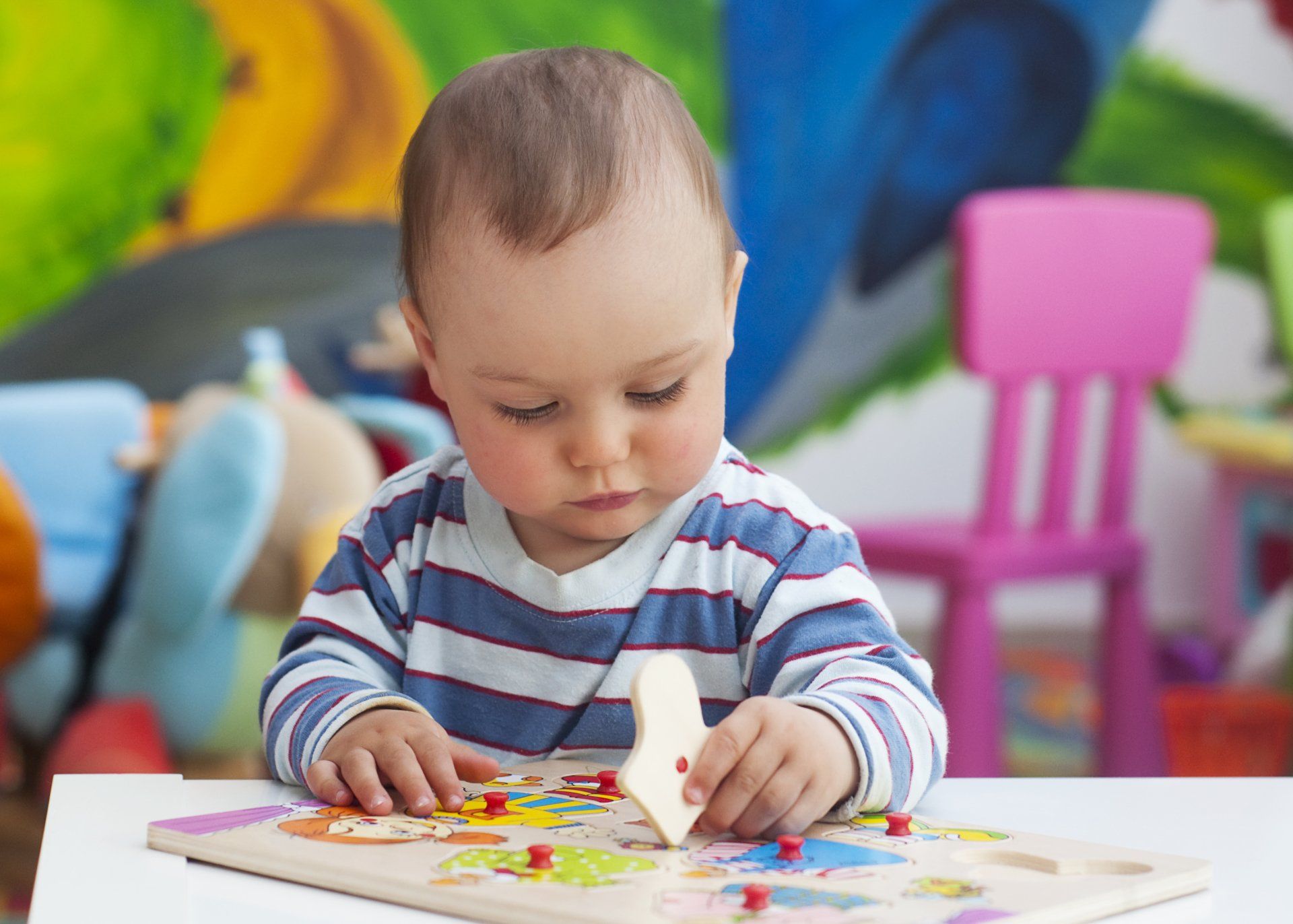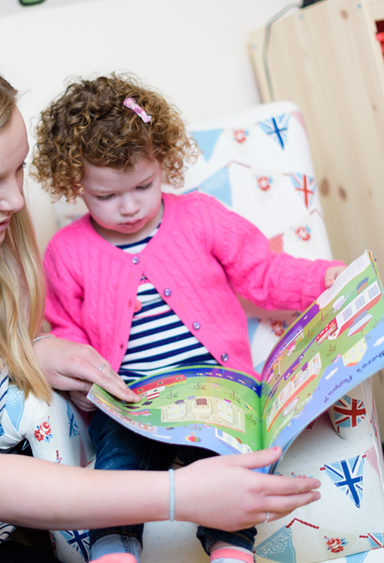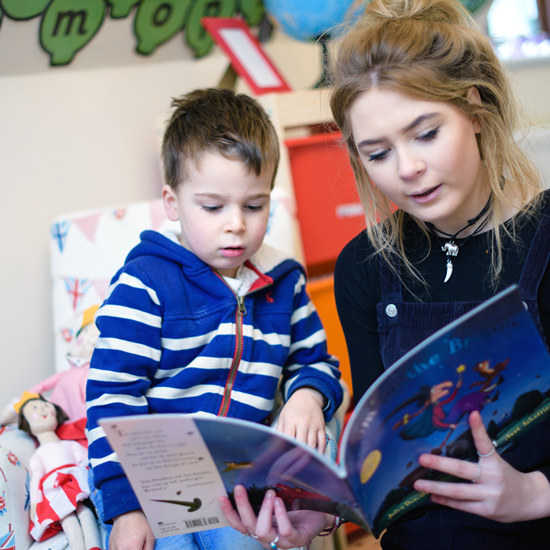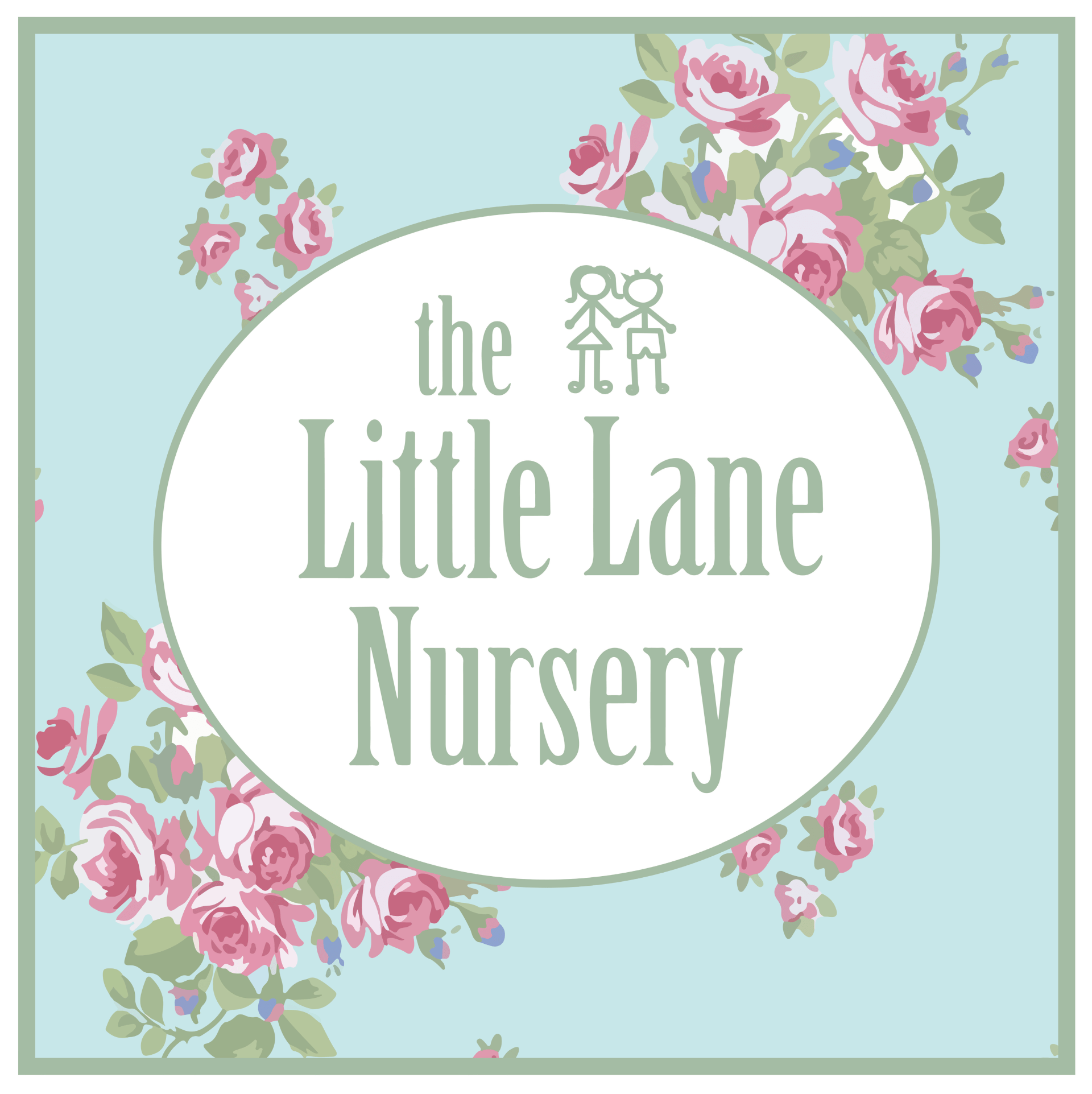LEARNING & KEYWORKERS
Learning & Keyworkers
Learning
In September 2008 the "Early Years Foundation Stage" (EYFS) was introduced for all children from birth to five years of age. The EYFS was revised in 2012 and 2014 and we have made the necessary changes to ensure we are following the framework. Below is a brief summary of the EYFS:-
Themes and Principles
The four themes in the EYFS underpin all the guidance and principles that inform them - working together for children in the EYFS. The themes are how we operate on a daily basis through our policies and procedures, routines and attitudes - all of which already form our outstanding practice. The 4 themes are:
• A Unique Child
• Positive Relationships
• Enabling Environments
• Learning and Development
A great deal of emphasis is also placed on:
• Providing equality of opportunity
• Partnership working - with parents, other professionals and other providers
• Improving quality and consistency
• Laying a secure foundation for future learning - i.e. when they transfer to school
The Learning and Development Requirements:
The learning and development requirements are divided into the seven areas of learning:
Prime Areas:
• Personal, Social and Emotional Development
• Physical Development
• Communication and Language
Specific Areas:
• Literacy
• Expressive Arts and Design
• Mathematics
• Understanding of the world
There are also characteristics of learning:
• Playing and Exploring
• Active Learning
• Creating and Thinking Critically
There is significant emphasis on the fact that each child learns in an individual way and at different rates. The assessment arrangements for all children are on-going and based on observing day to day activities. There is also a legal requirement for an assessment to take place when your child turns two. This is carried out by your child’s key person and you will be involved in this process at all stages. The next formal assessment will be carried out at the end the EYFS which is the end of your child’s reception year.
*The EYFS influences all of our planning throughout the nursery.
As with all frameworks, there are principles which help underpin it:
- Relationships with other people (adults and children) are of crucial importance in a child’s life.
- A relationship with a key person at home and in the setting is essential to a child’s well-being.
- Babies and young children are social beings; they are competent learners from birth.
- Caring adults count more than resources and equipment.
- Schedules and routines must flow with the child’s needs.
- Children learn when they are given appropriate responsibility, allowed to make errors, decisions and choices and are respected.
We look forward to working in partnership with you and sharing your child’s learning journey. If you have any queries, suggestions or feedback at any time then please feel free to get in touch with us.



Electronic Learning Journey
We use an online learning journal within our 'Famly' nursery software, which makes it quicker for our team to identify where each child is in their own development pathway, by linking their observations directly to an online version of the EYFS curriculum. Parents will be able to keep updated on their child's learning journal using the 'Famly' app.
Keyworkers
On joining the Little Lane Nursery, each child is assigned a Keyworker.
A keyworker has a very important job - they are ultimately responsible for welcoming and looking after your child and ensuring that the nursery’s care is tailored to their individual needs. Their task is to know their key child’s likes and dislikes, their individual routines as well as overseeing their learning. Keyworkers are the lynchpins of our nursery as they shoulder the responsibility for creating an atmosphere in which children can thrive.
When assigning a Keyworker, we take into consideration the sessions your child attends, the hours which the team members work and the compatibility between the child and parent/carer with the team member. We do change the Keyworker on occasion - for instance when transitioning from one room to another - but you will be kept informed of this and existing keyworkers will be on hand to make the change as smooth as possible.
To ensure children do not become upset when their key person is on holiday/absent and also to allow each child a choice of which staff member they prefer on any given day, we believe that all staff in the room should cherish each child and always be mindful of the ‘what’s it like for this child here today’ discipline.
Attachments are the ‘emotional bonds that infants development with their parents and other caregivers, such as their key person in an early childhood setting’. The ability to form attachments is essential to ensure future emotional wellbeing and ultimately provides children with a secure base from which to grow.
Have you Made an Observation?
Your child's keyworker will always want to know what your child has been up to outside of nursery.
A parent comment box is available below to share your own observations and any comments about what you’ve been up to, changes to key routines or new interests.
This helps us to support your child at nursery and adapt activities to follow your child’s interests.
Contact Us
Thank you for contacting us.
We will get back to you as soon as possible
We will get back to you as soon as possible
Oops, there was an error sending your message.
Please try again later
Please try again later
Stamford
1 Silver Lane, StamfordLincolnshire, PE9 2BTT: 01780 752211
Easton on Hill
New Road, Easton on the HillEast Northamptonshire, PE9 3NNT: 01780 752220




